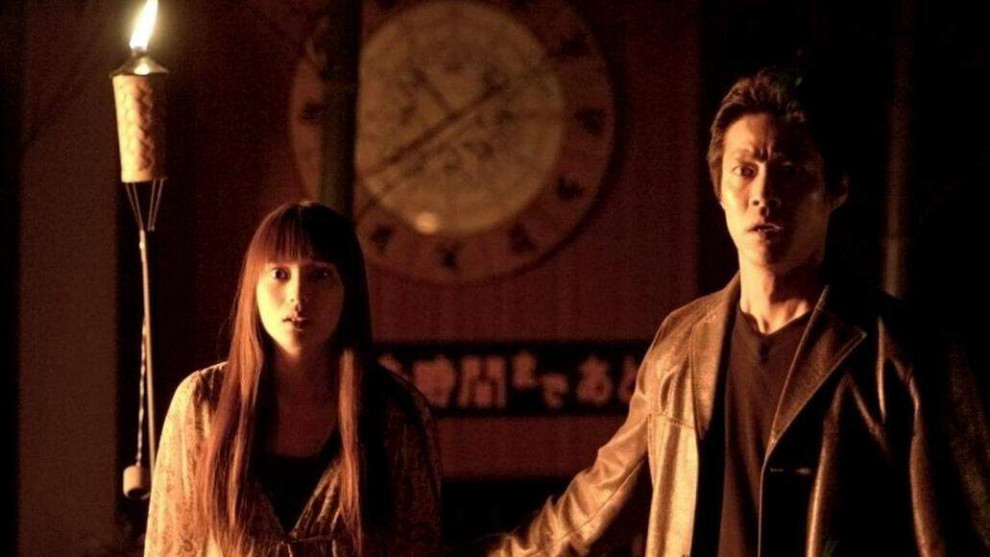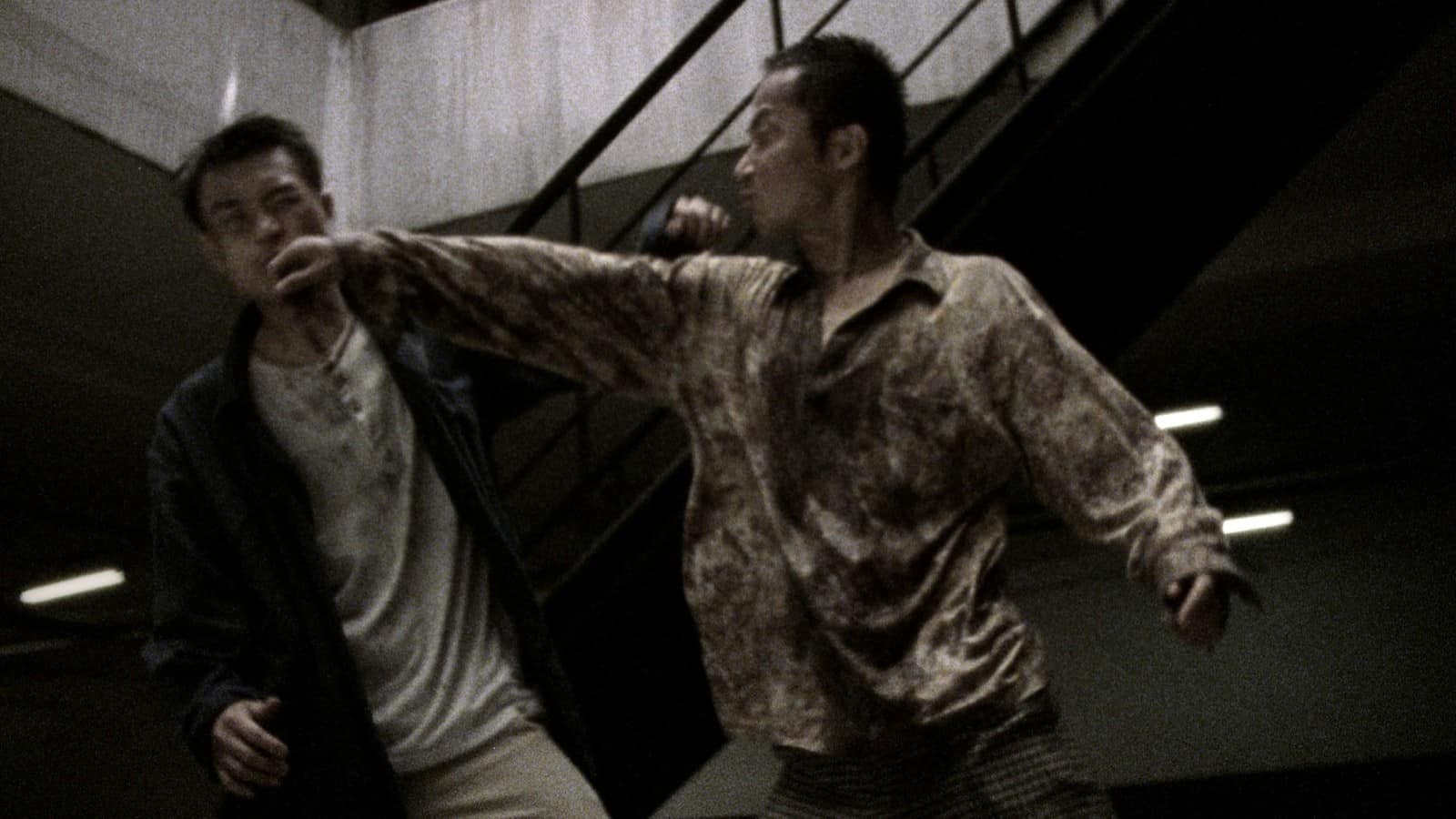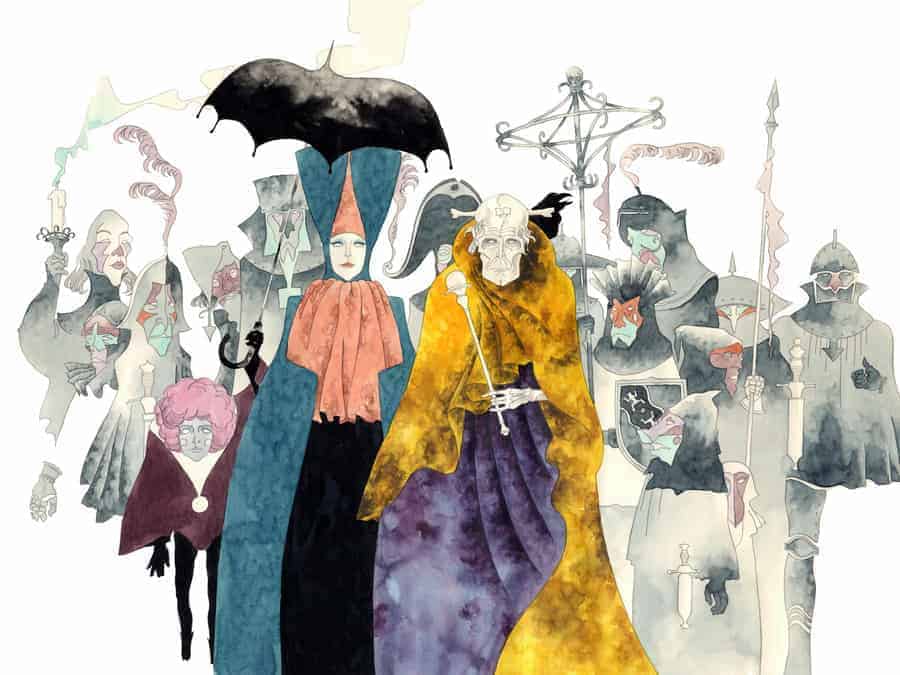One night the relatively ordinary life of college student Yumi (Kou Shibasaki) is violently disturbed when one of her friends dies. Just days ago, at a restaurant, her friend missed a call, which, as she found out, was from her own number, but which was dated two days in advance. The message consisted of her scream followed by what the two girls assumed would be her death. Soon after her friend's death another friend of hers dies after having received a similar message.
When her best friend Natsumi (Kazue Fukiishi) receives another call, Yumi and Yamashita (Shinichi Tsutsumi), a detective investigating what he assumes is a series of murders, attempt to find out more about the strange curse and its background. At the same time the events have gotten the media's attention and while her friend is searching for a way to prevent her death, Natsumi prepares to appear on television where a host aims to capture on camera what is supposedly a paranormal event.
Buy This Title
Based on the novel of the same title by Japanese writer Yasushi Akimoto, Takashi Miike's adaptation tells the story about a supernatural curse spreading through technology. For obvious reasons, film and novel have been, somewhat unfavorably, compared to the “Ring” series based on the novels by Koji Suzuki, as well as its masterful adaptation by director Hideo Nakata. And while you can debate about the extent, there is no denying “One Missed Call” sounds and feels like a lesser version of “Ring”. In that context, it is also a rather inferior entry within the J-horror genre blending the kind of dread and apocalyptic tone from “Ring” with the skepticism regarding technology, which defined the works by Kiyoshi Kurosawa, albeit without quite reaching the quality of these works.
However, that is not to say Miike's direction or Minako Daira's script do not have certain interesting aspects. If you can free yourself from viewing “One Missed Call” as a lesser version of “Ring”, its concept of technology and its dangers has its merits, especially since the kind of cell phone technology shown in the film has not aged quite as badly as the version of the internet as presented in Kurosawa's “Pulse”. In “One Missed Call”, Miike seems to play with the paradox of being connected and disconnected at the same time, with the characters, while being able to communicate with one another more freely and more often, share a certain emotional distance with their environment.
In one of the first scenes, the shot of the friend's mobiles placed next to each other is mirrored by them sitting around the table in the restaurant. Jumping from topics such as trauma and abuse – another constant theme within the film's narrative – to the plans for the coming weekend, you may see the omnipresent urge to be distracted, to not get too involved. Whenever the conversation refers to emotional themes or physical as well as psychological trauma, there is a growing sense of apprehension since it is possibly too direct and personal. The mobile as a gadget is the perfect filter for reality, while ironically it is also the source of the deadly curse which brings about the death of the characters.

Additionally, the media, as portrayed in the film, offers an entertaining approach and sensationalist view on matters like mortality. Actor Yutaka Matsushige plays a television producer eager to exploit this morbid fascination with death, this paradox of avoiding it while also being obsessed with it, in his show presenting the exorcism of Yumi's friend on prime-time television. Again, technology, or the media, provide the best filter to deal with topics like death, providing a sensational, entertaining framework which allows a certain closeness without being too involved.
Despite these interesting ideas, “One Missed Call” is also a missed opportunity (pun intended) in many ways. Perhaps the biggest flaw of the film is how generic it feels, especially in the almost obligatory ending which feels lazy and rather silly. In the context of Miike's body of work “One Missed Call” is one his lesser films, a movie which seems more like contract work for its director.
















